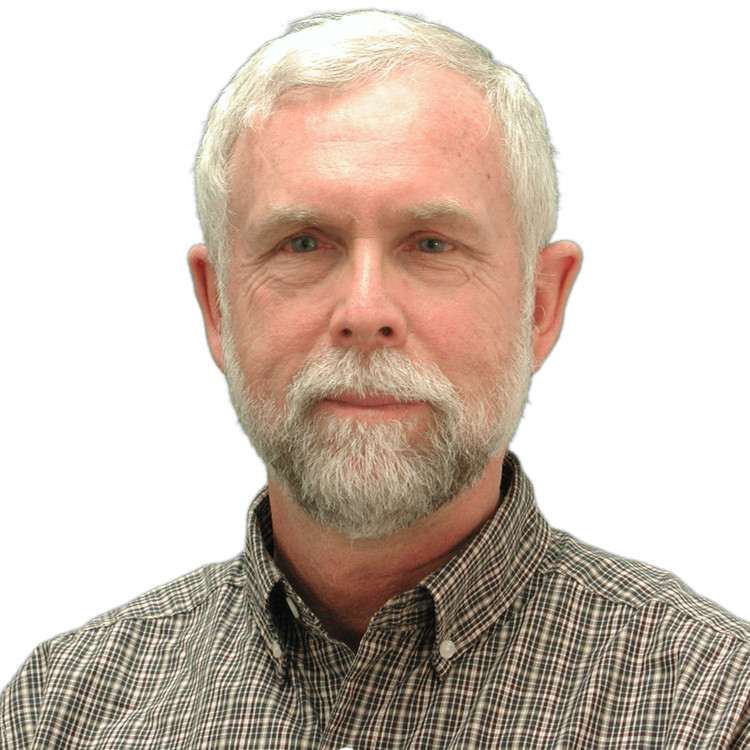Monkey business and virtual reality
PROFile: Bruce Bolster, associate professor and neuroscience program co-ordinator, psychology department, U of W

A point of interest for Bruce Bolster – associate professor for the University of Winnipeg’s (U of W) psychology department and co-ordinator for the U of W’s neuroscience program – is how the brain works during everyday life.
Bolster was initially drawn to his position at the university in 1981 after receiving an offer to build a primate lab.
“I ran the primate lab for about 10 years,” Bolster says, “until function magnetic resonance imaging (fMRI) came.”
When fMRI became available, Bolster’s work changed drastically. He went from training monkeys and studying their behaviour to using technology to analyze primate brain activity instead.
These days, however, Bolster’s interest is geared toward navigational processes and memory. He also has new tools for his research.
“In my lab, I’m also using computer-based tasks and virtual reality that allow people to navigate around in virtual environments,” he says.
Bolster finds the immersivity of virtual reality is key to generating accurate information concerning navigational processes. Plus, he continues to use neuroimaging to monitor experiments.
In the future, Bolster has plans to collaborate with a local neuropsychiatrist. The project concerns people who have behavioural seizures without electrophysiological evidence of epileptic activity.
But even with such a long history of experiments and accomplishments under his belt, a major highlight for Bolster is seeing his students go on to do incredible things in medicine and neuroscience.
“I have students whom I now collaborate with as fellow scientists,” he says.
Above all else, this is something that elicits a great deal of pride.
—
What is something that you’ve learned from your students?
“Not to take anything for granted. To ask the difficult questions.”
If you could have any superpower, what would it be?
“Oh my ... time travel. I’d like to know where neuroscience is going 20, 50 and 100 years into the future.”
Where do you hope neuroscience is going in the future?
“That we’re going to be able to find noninvasive and reversible kinds of intervention.”
Published in Volume 75, Number 18 of The Uniter (February 11, 2021)







